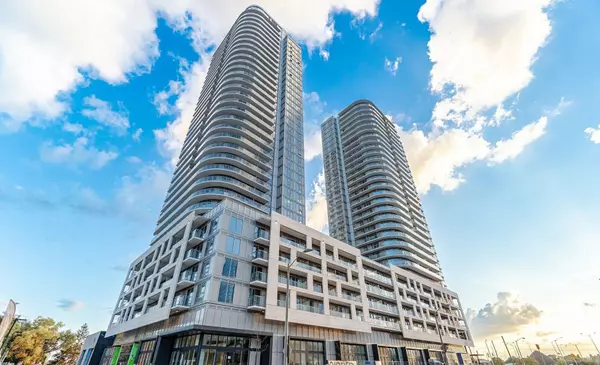Toronto Real Estate Market

Categories
Recent Posts

Just Listed! 47 Massena Rd, Hamilton – A Versatile Bungalow with Endless Possibilities

Is the Spring Market Starting Early This Year?

Real Estate Market Update: February 2025 Edition

Discover Luxury Living at 7 Mabelle Ave #2302: A Stunning Corner Suite in Toronto's Islington Terrace

A Modern Urban Oasis: Discover 2033 Kennedy Rd #3501, Toronto

How to Determine the Best Listing Price for Your GTA Home

Bank of Canada Cuts Interest Rate Amid Looming U.S. Tariffs: What It Means for You

Why You Should Work with a Local Realtor in Toronto: Expert Insights for Homebuyers and Sellers

The Most Family-Friendly Communities in the GTA: Where to Buy Your Next Home

Top Schools in the GTA That Boost Real Estate Value
"My job is to find and attract mastery-based agents to the office, protect the culture, and make sure everyone is happy! "
